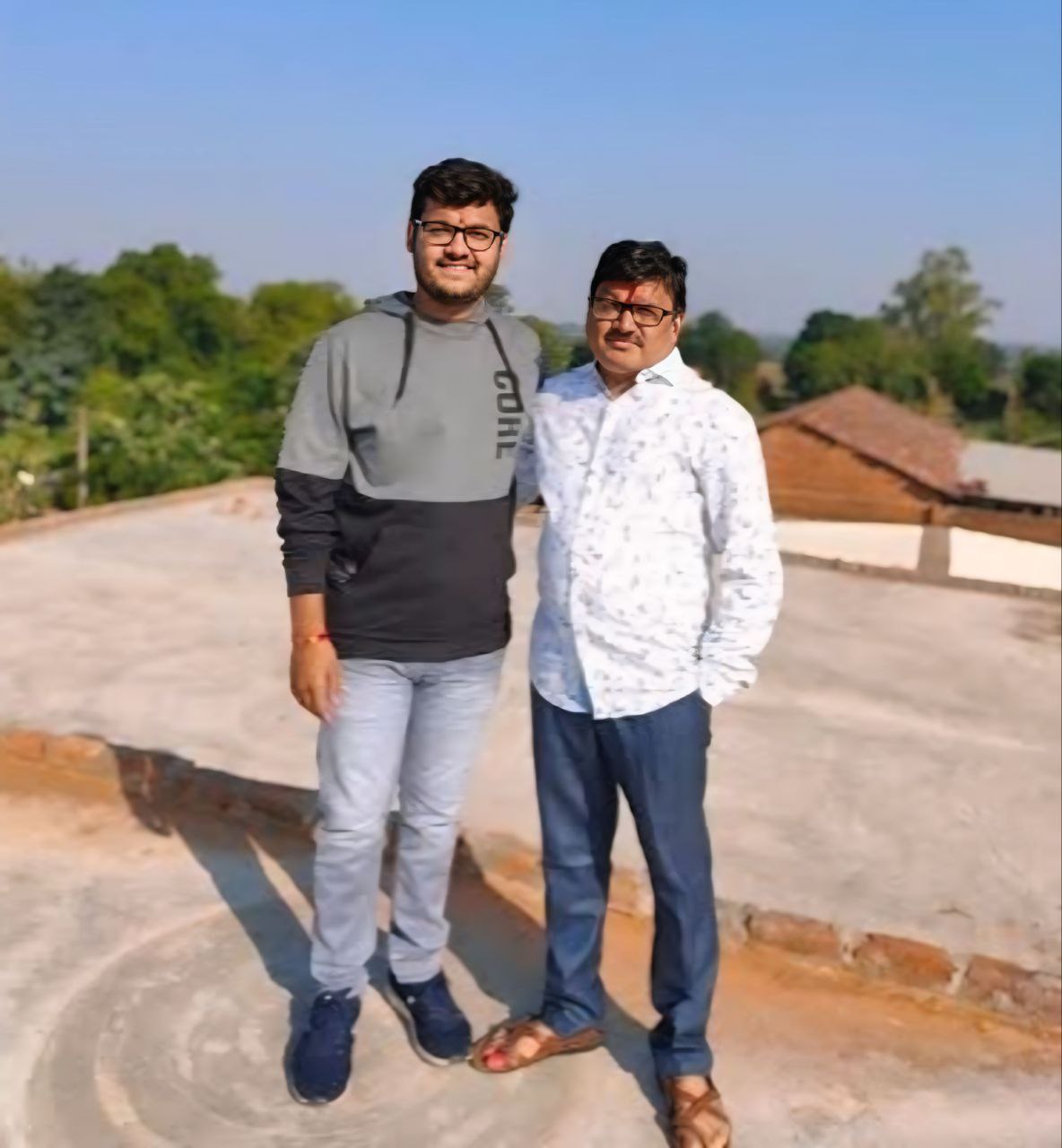The Blacksmith’s Son Who Cracked the IAS
Smith Banched, son of a blacksmith, overcame poverty and hardship to secure All India Rank 30 in the UPSC exams. His story is a testament to resilience, family sacrifice, and the power of unwavering determination.
SUCCESS STORY
Thrive Vision
5/5/20251 min read


A Childhood Forged in Struggle
Smith Banched grew up in a small village in Rajasthan, where his father worked as a blacksmith, earning barely ₹200 a day. The family’s one-room house had no electricity, and Smith studied under streetlights. “My father’s hands were always covered in burns from the forge,” Smith recalls. “But he never let me touch the tools. He wanted me to study.”
At 14, Smith began working at construction sites after school to support his family. He carried bricks under the scorching sun, earning ₹150 a day. “I’d study at night with a kerosene lamp,” he says. “Sleep was a luxury.”
The Promise That Fueled His Dream
When Smith’s father fell ill with tuberculosis, the family’s finances collapsed. Smith promised his father on his deathbed: “I’ll become an IAS officer. Our name will be respected.” With ₹5,000 borrowed from a relative, he moved to Delhi for coaching but faced humiliation for his rural accent and worn clothes.
“I was mocked as the ‘blacksmith’s boy,’” he shares. “But those taunts became my motivation.”
UPSC Battles: Failure and Redemption
Smith’s first attempt in 2018 ended in disappointment—he missed the cutoff by 2 marks. Depressed, he returned home but found solace in his mother’s words: “A blacksmith doesn’t abandon iron after one strike. He keeps hammering.”
In his second attempt, Smith adopted a ruthless routine: 14 hours of study daily, surviving on chai and parathas. He focused on public administration and current affairs, often memorizing newspaper articles verbatim. His breakthrough came during the interview round, where he candidly discussed rural healthcare reforms, drawing from his father’s tragic death.
A Legacy of Hope
Today, as an IAS officer in Chhattisgarh, Smith prioritizes education and healthcare in tribal areas. He’s established 23 night schools for working children and launched mobile clinics in remote villages. “My rank isn’t my achievement—it’s my father’s dream fulfilled,” he says.
Key Takeaway: Adversity is not a barrier but a catalyst for greatness. Smith’s journey teaches us that purpose and perseverance can rewrite destinies.
Inspiration
Explore success stories and motivational journeys today.
Growth
Vision
© 2025. All rights reserved.
